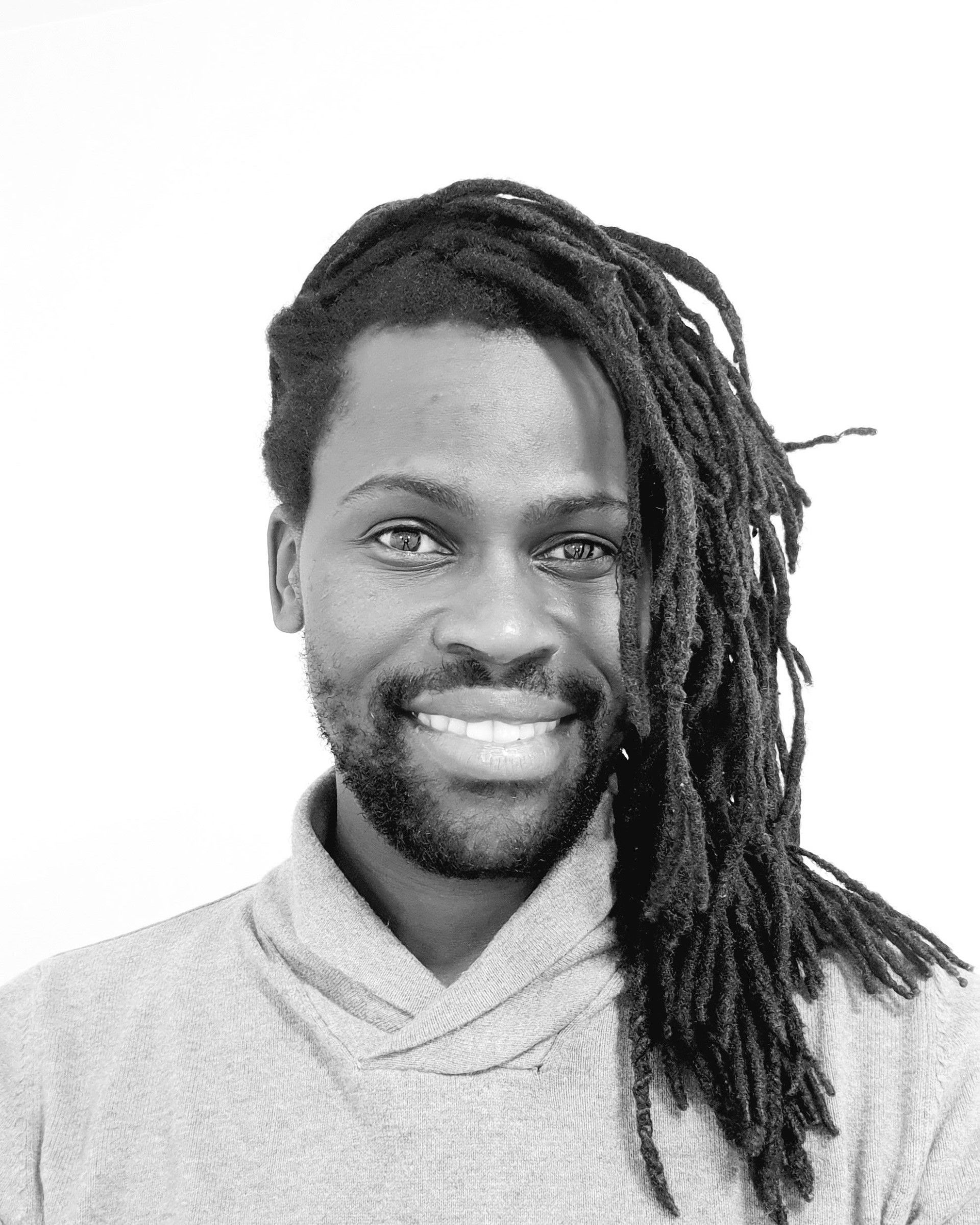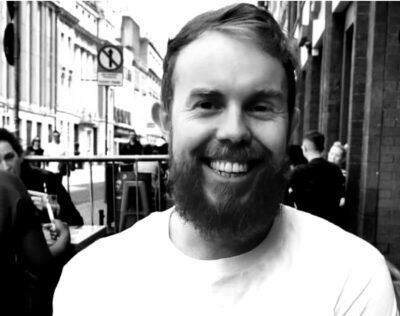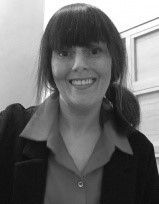Bulelani Mfaco: Growing up in the apartheid ghetto of Khayelitsha in Cape Town, Bulelani Mfaco became involved at an early age in protests for adequate housing & access to land with Abahlali Base Mjondolo, health care in the Khayelitsha Health Forum, and improved policing in neighbourhood watches. In 2017 he claimed asylum, seeking protection from violence and targeted killings of LGBTQ+ people. He is one of the Spokespersons for the Movement of Asylum Seekers in Ireland (MASI) where he is campaigning for the right to work for all asylum seekers, and to end Direct Provision. Bulelani is also on the board of the Hope & Courage Collective, and the Irish Council for Civil Liberties.
Exploring Contemporary Issues through Global Citizenship Education: 'Social Inclusion in times of Rising Xenophobia'
Date: Wednesday, 15 May, 12.30-2.00pm
Location: Online via Zoom
IDEA is collaborating with Comhlámh to host a webinar on ‘Social Inclusion in times of rising Xenophobia’ #4 on our webinar series : Exploring Contemporary Crises and Issues through Global Citizenship Education on Wednesday, 15 May, 12.30-2.00pm, online via zoom.
This webinar will look at an existing gap in Ireland of refugee and migrant integration, resettlement, and community engagement in Ireland. More specifically speakers will explore how this gap, in a time of austerity and multiplying barriers to overall social inclusion feeds xenophobic, anti-immigration, racist and far-right narrative sentiments. This event will also aim to discuss and explore the ways global citizenship education, the international development and humanitarian sector can become pro-active players in filling that gap. Key questions we will ask ourselves are:
- How can these sectors reach out to local actors and community groups and become active participants in building the connections needed to promote social cohesion and intercultural diversity?
- How can we make sure that intersectional solidarity is at the heart of our responses and that the voices of those affected are centred?
The speakers will be Joe Munnelly, a PhD in Humanitarian and Development studies graduating from UCD’s Centre for Humanitarian Action; Bulelani Mfaco, one of the Spokespersons for the Movement of Asylum Seekers in Ireland (MASI); and Sarah Kelleher, CEO of Lourdes Youth & Community Services (LYCS). The moderator for this webinar is Dr Caroline Murphy, CEO of Comhlámh.
This event is fully booked!
Biographies













